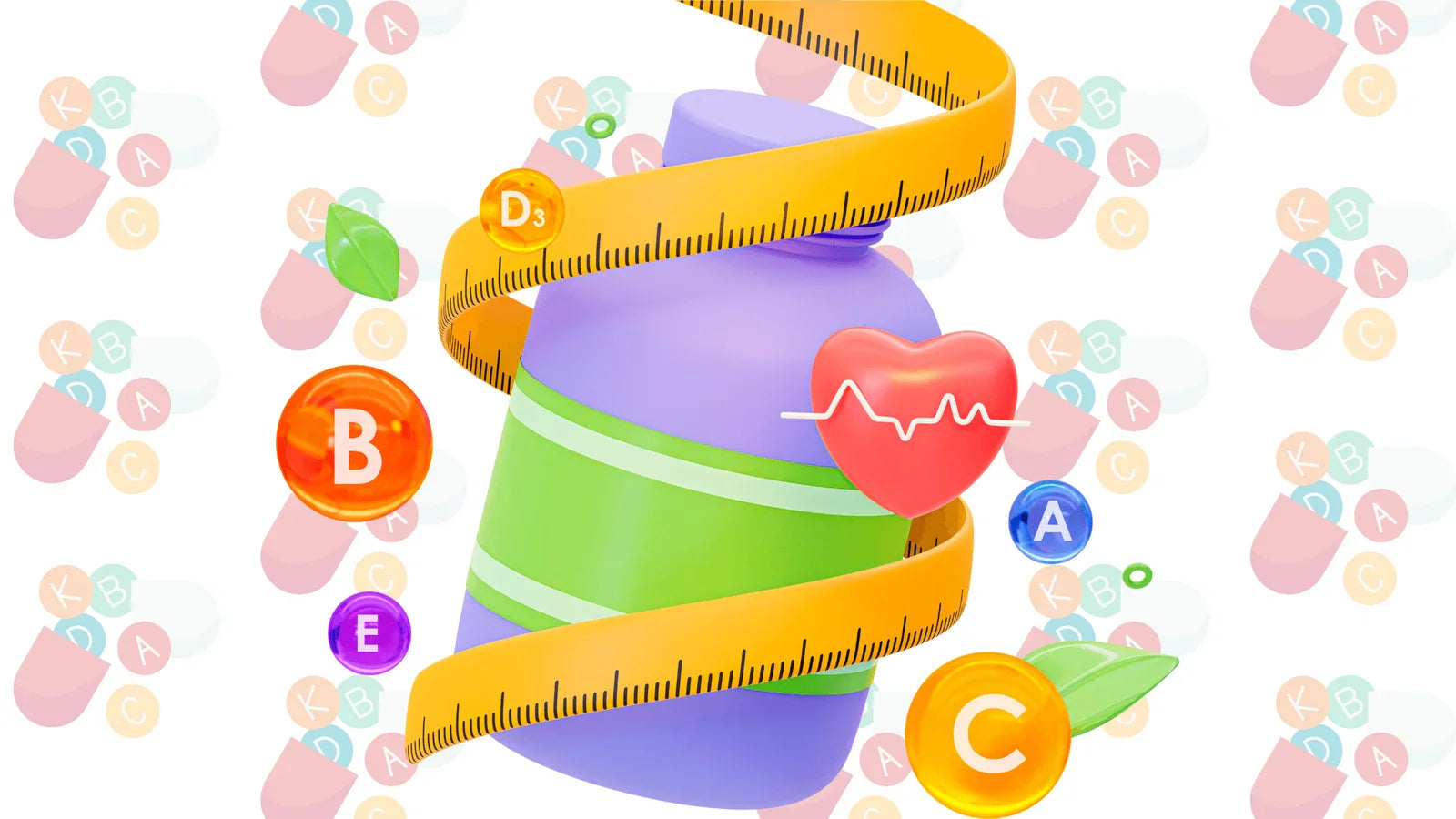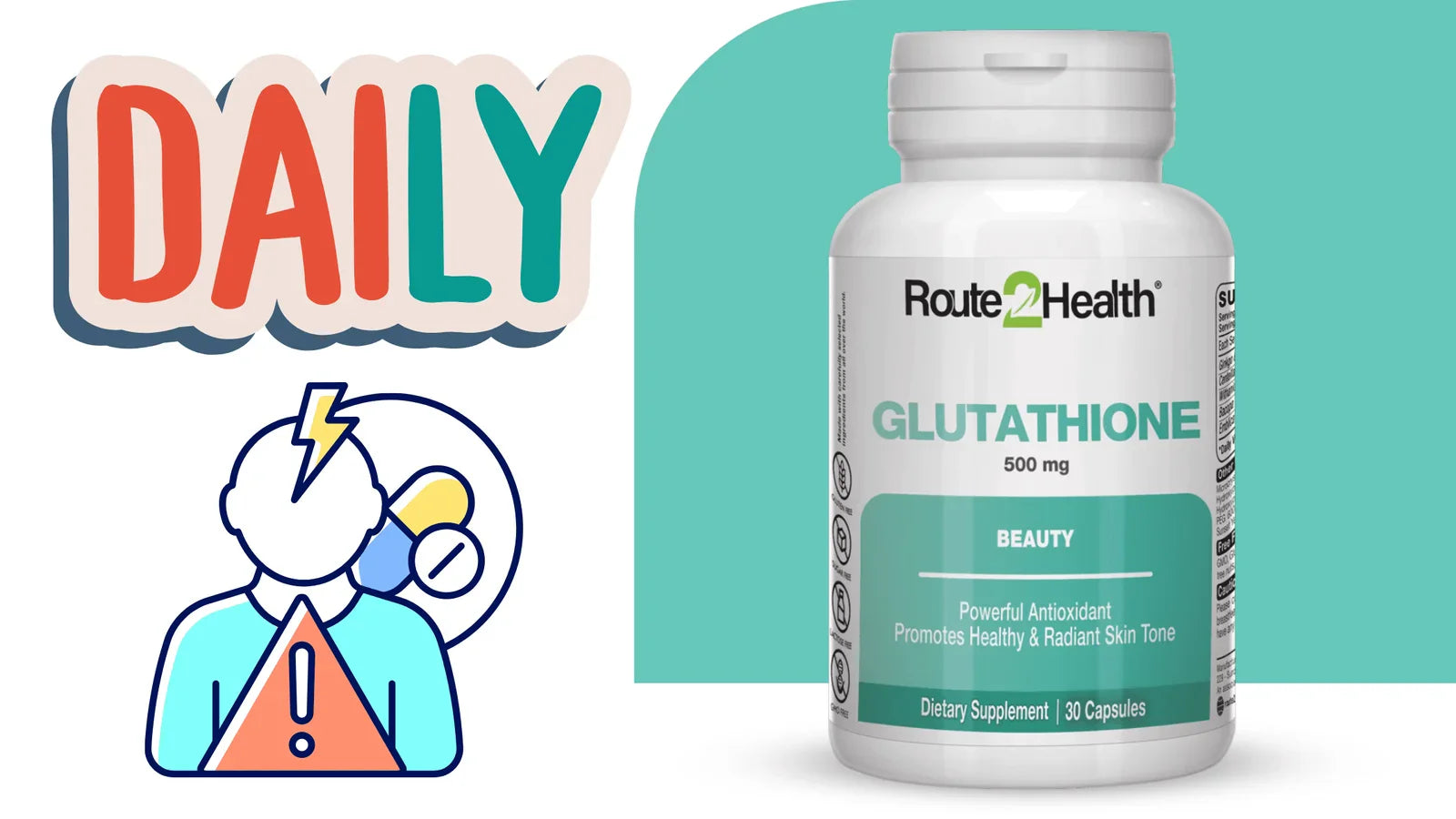
What Are the Most Important Vitamins for a Child? The Top 10
As parents, we all want to give our children the best start in life, but how often do we consider if they are getting the essential nutrients their growing bodies need? What are the most important vitamins for a child, and how can we ensure they receive them?
The Importance of Vitamins for Children
Vitamins are micronutrients that play a pivotal role in various bodily functions. For children, who are undergoing rapid growth and development, these nutrients are indispensable. They contribute to robust immune systems, strong bones, healthy skin, and cognitive development.  Since the body cannot produce most vitamins, children must obtain them through their diet. However, due to picky eating habits or dietary restrictions, children may not always receive adequate amounts of these essential nutrients.
Learn The 10 Common Signs Of Vitamin Deficiency In Kids.
What Are the Most Important Vitamins for a Child?
Understanding what vitamins are vital for your child’s health is key to ensuring their optimal well-being. Let’s dive into the world of vitamins and discover what are the most important vitamins for a child and why they are so important for your little one.
1. Vitamin A: The Vision Protector
Vitamin A is essential for maintaining good eyesight, particularly in low-light conditions. It also supports immune function and cell growth. Children with vitamin A deficiency may experience night blindness, dry eyes, and a weakened immune system. According to a study published in The Journal of Clinical Medicine, Vitamin A also plays a role in the growth and development of tissues and cells, making it critical during a child's formative years.
Sources: Foods rich in vitamin A include carrots, sweet potatoes, spinach, and fortified dairy products.
2. Vitamin D: Bone Health and Beyond
Vitamin D is essential for calcium absorption in the body, which is crucial for developing strong bones and teeth. It also plays a role in supporting the immune system. Research published in The Journal of Clinical Investigation highlights that Vitamin D deficiency in children can lead to rickets, a condition that causes weak or soft bones.
Sources: Sunlight exposure is a primary source of Vitamin D. Additionally, it can be found in foods like fatty fish, fortified cereals, and dairy products.
3. Vitamin C: Immunity and Skin Health
Vitamin C is a powerful antioxidant that helps protect cells from damage. It is well-known for its role in boosting the immune system, repairing tissues, healing wounds, and maintaining healthy skin. It is also crucial for collagen production, which is essential for skin, bones, and blood vessels. Additionally, vitamin C enhances iron absorption. Research shows that adequate Vitamin C intake can help reduce the duration of common colds in children.
Sources: Citrus fruits, strawberries, bell peppers, and broccoli are excellent sources of Vitamin C.
Read More About The Foods That Can Improve Your Child's Immunity.
4. Vitamin B12: Energy and Brain Development
Vitamin B12 is vital for red blood cell formation, neurological function, and DNA synthesis. It is particularly important for children as they grow, as a deficiency can lead to fatigue, weakness, and cognitive impairments. Research indicates that adequate B12 levels are linked to better cognitive performance in children.
Sources: Animal products like meat, eggs, dairy, and fortified cereals are primary sources of Vitamin B12.
5. Folate (Vitamin B9): Cell Growth and Development
Folate is essential for DNA synthesis and cell division, making it crucial for growing children. It also supports brain function and the production of red blood cells. According to a study in The Lancet, folate deficiency in children can lead to developmental delays and anaemia.
Sources: Leafy greens, legumes, and fortified cereals are excellent sources of folate.
6. Vitamin B6: Brain Development and Immune Function
Vitamin B6 is involved in brain development and function, as well as in the production of serotonin and norepinephrine, which are chemicals that transmit signals in the brain. It also supports the immune system. Children with adequate Vitamin B6 levels tend to have better cognitive development.
Sources: Poultry, fish, potatoes, and bananas are rich in Vitamin B6.
7. Riboflavin (Vitamin B2): Energy Production
Riboflavin is important for energy production and the metabolism of fats, drugs, and steroids. It also plays a role in maintaining healthy skin and eyes. Riboflavin deficiency can lead to fatigue, growth failure, and sore throat in children.
Sources: Dairy products, eggs, nuts, and green leafy vegetables are good sources of riboflavin.
8. Niacin (Vitamin B3): Brain Function and Skin Health
Niacin is essential for converting food into energy and is involved in DNA repair and the production of stress and sex hormones in the adrenal glands. It also helps improve circulation and has been shown to reduce the risk of heart disease. Niacin deficiency can lead to fatigue, depression, and skin issues in children.
Sources: Chicken, turkey, fish, and whole grains are rich in niacin.
9. Vitamin E: Antioxidant Protection
Vitamin E acts as a powerful antioxidant, protecting cells from damage caused by free radicals. It also supports the immune system and helps maintain healthy skin and eyes. According to research vitamin E is essential for the proper functioning of many organs in the body .
Sources: Nuts, seeds, spinach, and vegetable oils are rich in Vitamin E.
10. Vitamin K: The Blood Clotting Factor
Vitamin K is essential for blood clotting and bone health. It helps in the production of proteins involved in blood clotting and bone mineralisation. Vitamin K deficiency can lead to bleeding disorders in infants. Adequate intake is crucial for preventing hemorrhagic diseases. Research suggests that Vitamin K deficiency can lead to bleeding issues and decreased bone mineral density, increasing the risk of fractures in children.
Sources: Green leafy vegetables, broccoli, and cabbage are good sources of vitamin K. Most babies receive a vitamin K injection at birth.
Conclusion
Ensuring that your child receives adequate amounts of these essential vitamins is crucial for their overall health and development. A well-balanced diet that includes a variety of fruits, vegetables, whole grains, and lean proteins can help meet these nutritional needs. However, for picky eaters or those with dietary restrictions, a daily multivitamin supplement like Kid’s One Daily from Route2Health, one of the best multivitamins for kids, can provide the necessary vitamins to support their growth and development.
By focusing on what are the most important vitamins for a child, you can make informed decisions about your child's diet and ensure they have the nutrients they need to thrive. Remember, a healthy child is a happy child!
FAQs
1. What are the most important vitamins for a child?
The most important vitamins for a child include Vitamin A, Vitamin D, Vitamin C, Vitamin B12, and Folate. These vitamins are crucial for growth, immune support, brain development, and overall health.
2. How can I ensure my child gets enough vitamins?
Ensure your child gets enough vitamins by providing a balanced diet rich in fruits, vegetables, lean proteins, and whole grains. If your child is a picky eater, consider a daily multivitamin like Kid’s One Daily from Route2Health.
3. What happens if a child lacks vitamins?
A lack of essential vitamins can lead to various health issues, such as weakened immunity, poor growth, developmental delays, and an increased risk of infections and diseases.
4. Which foods are rich in vitamins for children?
Foods rich in vitamins for children include fruits (like oranges and strawberries), vegetables (such as spinach and carrots), dairy products, lean meats, and fortified cereals.
5. Is it necessary to give my child a multivitamin supplement?
While a balanced diet should provide most of the vitamins your child needs, a multivitamin supplement like Kid’s One Daily can help fill any nutritional gaps, especially for picky eaters or children with dietary restrictions.






















































